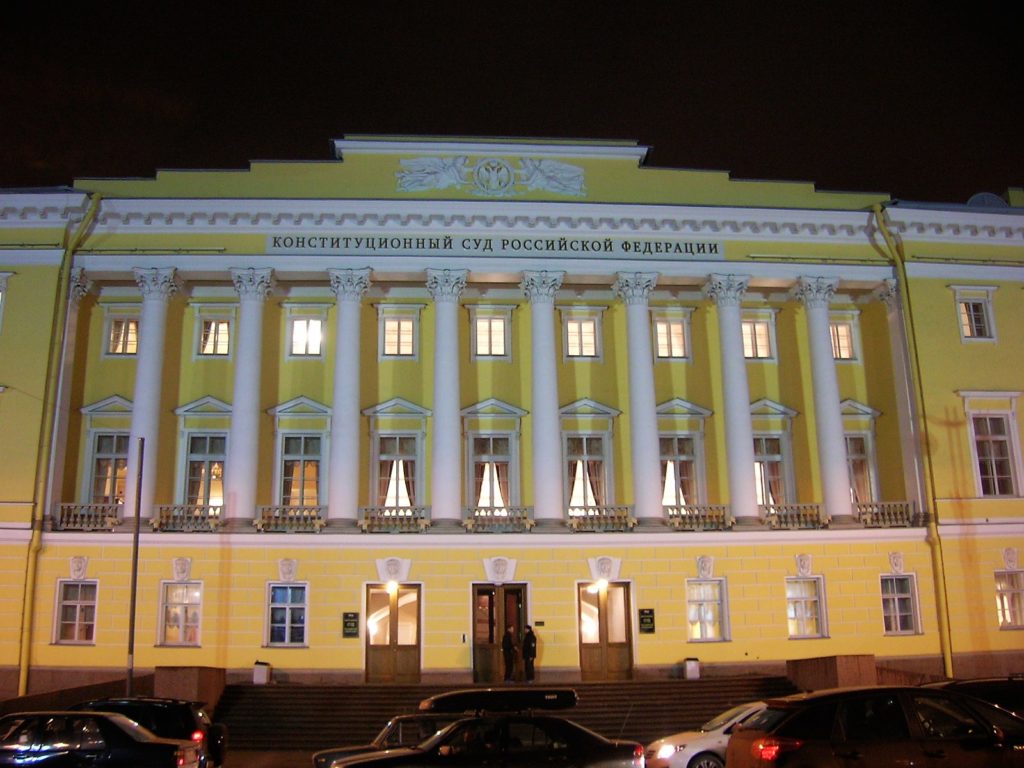
Lawyers working for Christian and other minority religious organisations in Russia have welcomed a Constitutional Court ruling over the country’s so-called “anti-missionary law”, reports regional news agency Forum 18.
The March ruling helps to partially clarify what is missionary activity.
It stated that “giving information about religious events would constitute an ‘offence’ only if it was aimed at attracting people who are not already members of a religious organisation”, Forum 18 reported.
The court’s response was triggered by a challenge from Baptist pastor Sergei Stepanov. He had posted on a social network page an invitation to an Easter service at someone else’s church, and was fined 5,000 rubles (US$80) for doing so.
Stepanov’s lawyer, Sergei Chugunov, said his client’s challenge raised the issue that the “anti-missionary law” does not distinguish missionary activity from a “simple announcement of events”.
Pentecostal Union lawyer Vladimir Ozolin told Forum 18 that “Thanks to this definition, we hope to change radically the approach of the courts to missionary work”.
Mikhail Frolov, a lawyer working for the Hare Krishna movement, said the ruling “will have a strong influence on judicial practice” under the “anti-missionary law”.
In February the US Commission on International Religious Freedom criticised the “anti-missionary law”, which was formally introduced as an anti-terrorism measure in July 2016, saying that “vague and problematic definitions of ‘extremism’ in Russian law give the authorities wide latitude to interfere in peaceful religious observance and persecute believers”.
